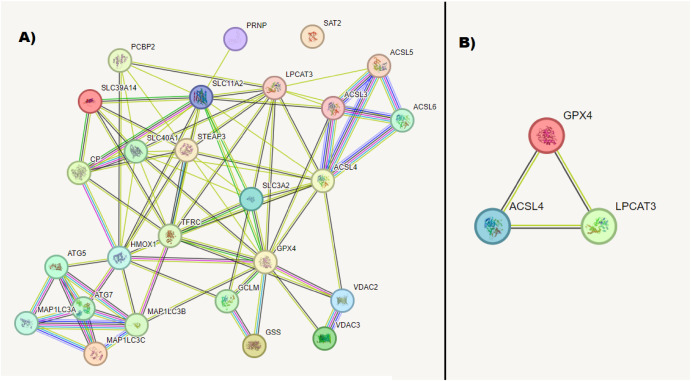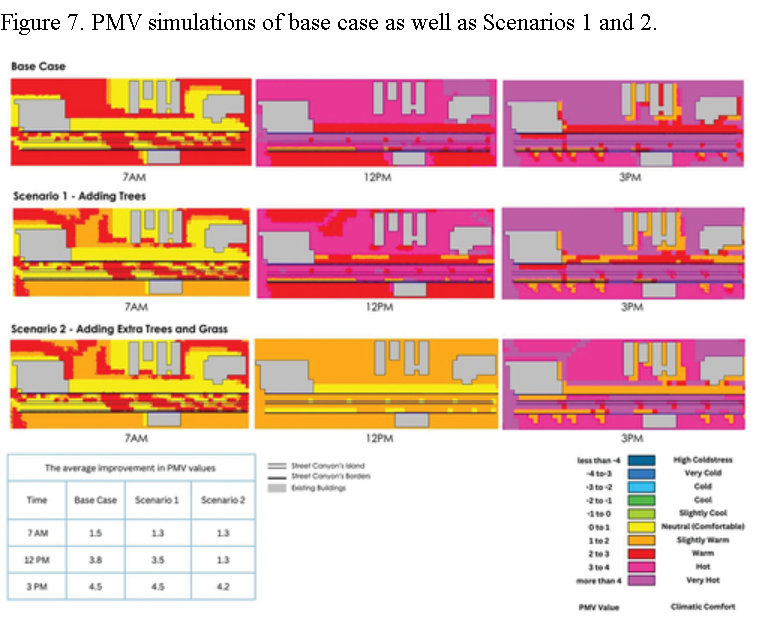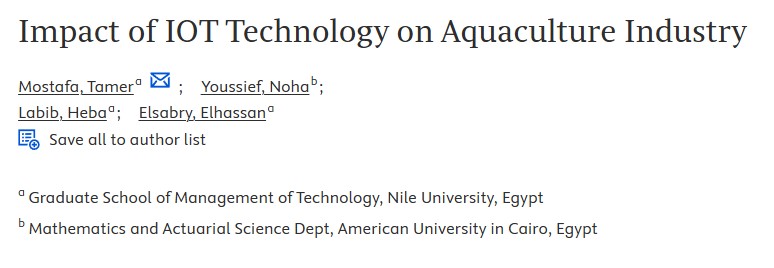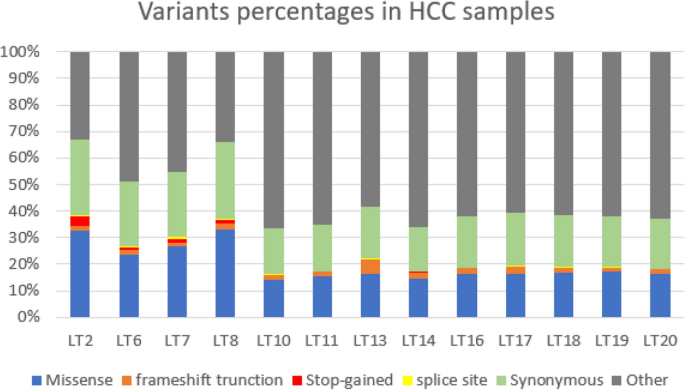
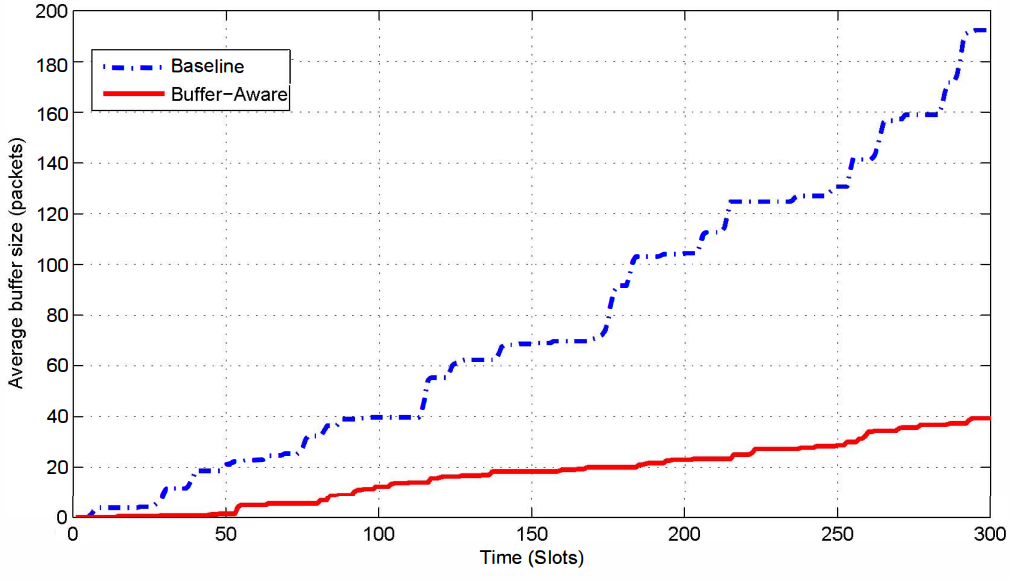
Buffer-aware power control for cognitive radio networks
In this paper we study the problem of buffer-aware power control in underlay cognitive radio networks. In particular, we investigate the role of buffer state information, manifested through the secondary users' queue lengths, along with channel state information in the cognitive radio power control problem. Towards this objective, we formulate a constrained optimization problem to find the set of secondary user transmit powers that maximizes the sum of rates weighted by the respective buffer lengths subject to signal-to- interference-and-noise-ratio (SINR) and maximum power constraints. Motivated by the problem's non-convexity, we cast the problem into a sequential Geometric Programming formulation which can be solved efficiently using known solvers. Our simulation results confirm the throughput-delay trade-off via comparing the performance of the buffer-aware scheme, measured in terms of throughput and queue length, to a baseline, buffer-independent scheme that simply maximizes the sum rate of the secondary users. The gathered numerical results reveal interesting insights about the problem. It demonstrates almost two-fold reduction in the average secondary transmitter queue length for the proposed scheme over the baseline. This is attained at the expense of slight degradation (e.g. 15% in our scenario) in the secondary sum rate (throughput). This, in turn, confirms the key role buffer state information plays in balancing the fundamental throughput-delay trade-off in cognitive radio networks and opens ample room for future research on multiple access and optimal resource allocation in delay-constrained cognitive radio networks. © 2012 IEEE.
